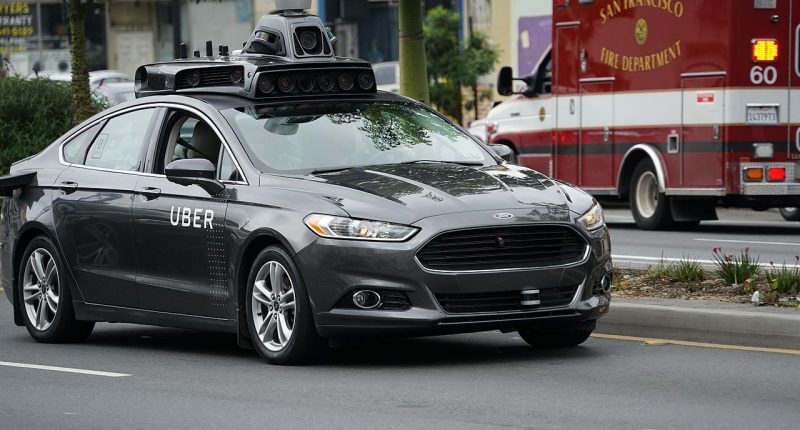App-based cab aggregators like Ola and Uber have been restricted by Indian the Government from hiking up fares in times of high demand, the practice which is commonly known as surge pricing. This regulation, though late, was much needed. A survey done by community-based social network LocalCircles, back in 2018, had found that surge pricing is the major problem for the users of the application, followed by the issue of drivers canceling rides. In the survey poll, nearly 20,000 people answered from 200 districts across India.
On Thursday, the central transport ministry issued the Motor Vehicle Aggregator guidelines 2020, in which they mentioned that aggregators shall be permitted to charge a maximum surge price of 1.5 times the base city taxi fare fixed by respective state governments.
During normal hours when demand is not high, the Indian regulator has said that the aggregators will be permitted to charge a fare that is 50 percent lower than the base fare. The regulator has also informed that in cities where there is no set base fare, the amount of Rs. 25 to Rs. 30 is to be considered as base fare. The cancellation fee has been set at 10 percent of the total fee up to Rs. 100 for both drivers and riders.
Before this, there have been no checks by the government on how much fare the app-based riding services could charge. Although last year, the services were brought under the Motor Vehicles (Amendment) Act, the union ministry had not notified the guidelines.
The guidelines also state that the driver must get 80 percent of the total fare for each ride he completes and the rest can be received by the aggregator.
The guidelines also mandate the maximum number of rides each driver integrated with an aggregator can make in a day. The number has been set at a maximum of four ride sharing intra-city trips in a calendar day, and a maximum of two ride sharing inter-city trips per week for each vehicle.
The union government also said that the can aggregator has to set a 24×7 control room and ensure that the vehicle, on the direction of the aggregator, keeps uninterrupted contact with the control room.
The aggregator will also have to follow the appropriate safety protocols. They have to ensure that the GPS in every vehicle is functioning and the driver is taking the assigned route on the app and ensure the safety of women employees etc.
The aggregator will also need to store the data generated on the app stored in a server in India for at least 3 months and for a maximum of 24 months from the date on which the data is generated. The guidelines also say that the data must be made available to the State Government if required as per the due process of law and that any data related to a customer must not be disclosed without the written consent of that customer.
The aggregators will also not be allowed to do business unless granted a license by the state government, the guidelines mandate. Violation of the licensing law norms will impose a penalty of Rs. 1 lakh and might also result in the cancellation of the license.
To get a license, the aggregator needs to be registered under the Companies Act, 1956 or 2013, or a cooperative society under the Cooperative Societies Act, 1912, formed by an association of drivers or motor vehicle owners. The aggregator should also be a registered company in India. The licensing fee has been set at Rs. 5 lakhs and will be valid for five years.
The Tech Portal is published by Blue Box Media Private Limited. Our investors have no influence over our reporting. Read our full Ownership and Funding Disclosure →






